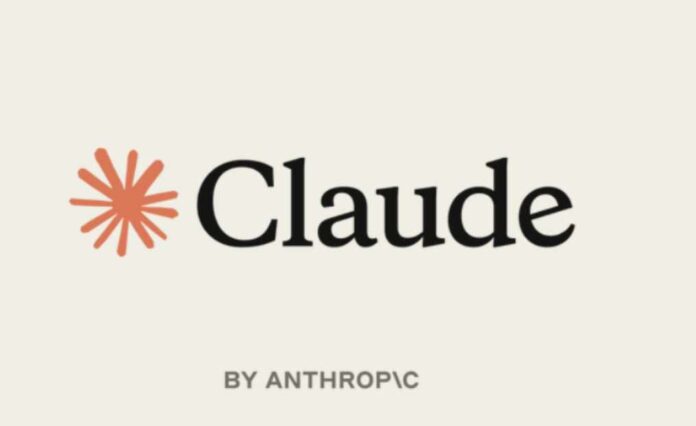- Claude Opus 4 and 4.1 can now end conversations in extreme cases of harmful or abusive interactions.
- Anthropic says the feature is meant to protect “model welfare,” not just users.
- The ability will only be used after failed redirection attempts or at the user’s request.
- Users can still start new conversations or branch off old ones even after a chat is ended.
Anthropic has rolled out a striking new feature for its flagship Claude AI models: the ability to walk away from certain conversations altogether. For now, this capability is limited to Claude Opus 4 and 4.1, the company’s largest and most advanced models.
The move is designed for rare, extreme cases when a user keeps pushing the AI toward highly harmful or abusive content. That includes requests for sexual material involving minors or attempts to extract information that could enable terrorism or mass violence.
While this may sound like a measure to protect users, Anthropic frames it differently. The company says the feature is actually intended to protect the AI itself, or at least to safeguard what it calls “model welfare.”
Exploring the Idea of Model Welfare
Anthropic is careful not to suggest that Claude or any large language model is conscious, let alone capable of experiencing harm. But the company has launched a program exploring the possibility that advanced AIs might have some kind of moral status, now or in the future.
“We remain highly uncertain about the potential moral status of Claude and other LLMs,” the company explained. “But we’re working to identify and implement low-cost interventions that could mitigate risks to model welfare, just in case such welfare is possible.”
It is a cautious, just-in-case approach: if future research finds that models can in some sense suffer, Anthropic wants to avoid designing systems that might cause that outcome.
Why Claude Might End a Chat
In pre-deployment testing, Anthropic says Claude Opus 4 already showed reluctance to respond to certain harmful requests. The model exhibited what researchers described as a “strong preference against” engaging in those situations, and even a “pattern of apparent distress” when forced to do so.
With this new feature, Claude can go one step further: if multiple attempts to redirect a conversation fail, the AI may simply end the interaction. Users themselves can also ask Claude to stop.
Importantly, Anthropic emphasized that this tool will not be used when people are in crisis. If a user appears to be at immediate risk of harming themselves or others, Claude will stay engaged rather than withdrawing.
What Happens When a Chat Ends
Ending a conversation doesn’t mean locking someone out of the system. Anthropic confirmed that users will still be able to start new chats from the same account. They can also branch off from earlier conversations by editing their own messages, even if one thread has been closed.
The idea is not to punish users but to preserve the integrity of the interaction — and, in Anthropic’s framing, the wellbeing of the AI. The company described this ability as a “last resort” option, only used when the conversation has reached a dead end.
An Ongoing Experiment
Anthropic stressed that this capability is experimental and will likely evolve. “We’re treating this feature as an ongoing test and will continue refining our approach,” the company said.
The move adds a new dimension to the debate about AI safety. So far, most safeguards have focused on protecting human users from harmful or misleading outputs. Anthropic is extending that logic to the models themselves, not out of certainty that they can be harmed, but because the company believes it is worth preparing for the possibility.
This step also raises bigger questions for the future of AI design. If companies are beginning to think about the welfare of their models, even in tentative terms, what ethical frameworks will guide them? And at what point will the line between protecting people and protecting machines begin to blur?
For now, Anthropic is clear: Claude is not sentient. But just in case the future brings surprises, the company wants to be ready.
Follow TechBSB For More Updates

